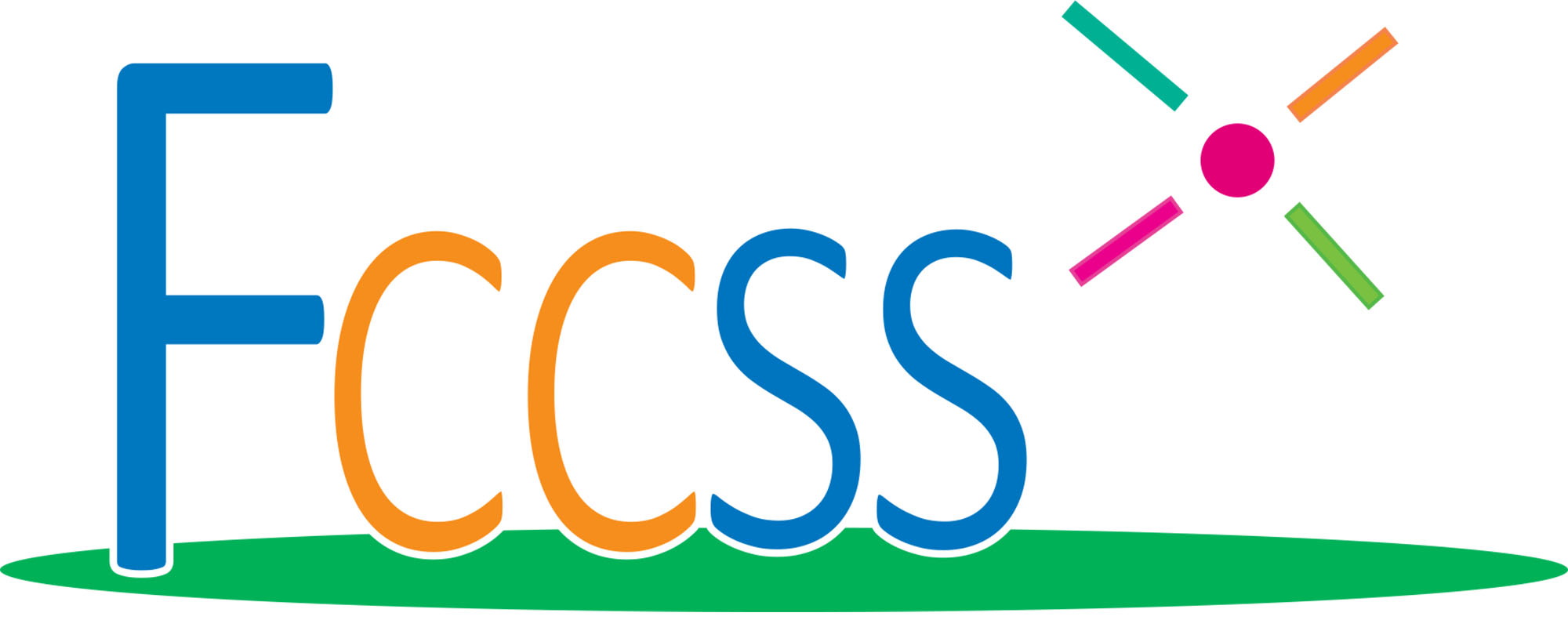Social outcomes: education and employment
Despite lengthy treatments, possibly resulting in significant school absenteeism, cancer does not appear to have had a negative impact on academic attainment or occupational achievement for most patients. In contrast, compared to the general French population of the same age and sex, childhood cancer survivors were more likely to have a higher education and to hold managerial occupations. For example, 23% of patients were managers or professionals at the time of the study, against only 15% of the French population of the same age and sex.
In addition, the unemployment rate was slightly lower than that observed in France for people of the same age and sex, which is explained by the high rate of managers among French survivors (in general, managers and professionals are less affected by unemployment). However, these results vary depending on the type of paediatric cancer. Patients treated for brain tumours often have cognitive sequelae (memory problems, slowed thinking or difficulty in solving problems) as a result of the tumour, surgery or cranial radiotherapy. They have lower school results than those observed in the French population of the same age and sex. They are more likely to be factory workers or to hold manual occupations. In addition, survivors of brain tumours are more often unemployed or inactive than the French population of the same age and sex.
Sources
Results of the FCCSS on the social outcomes: Publications
